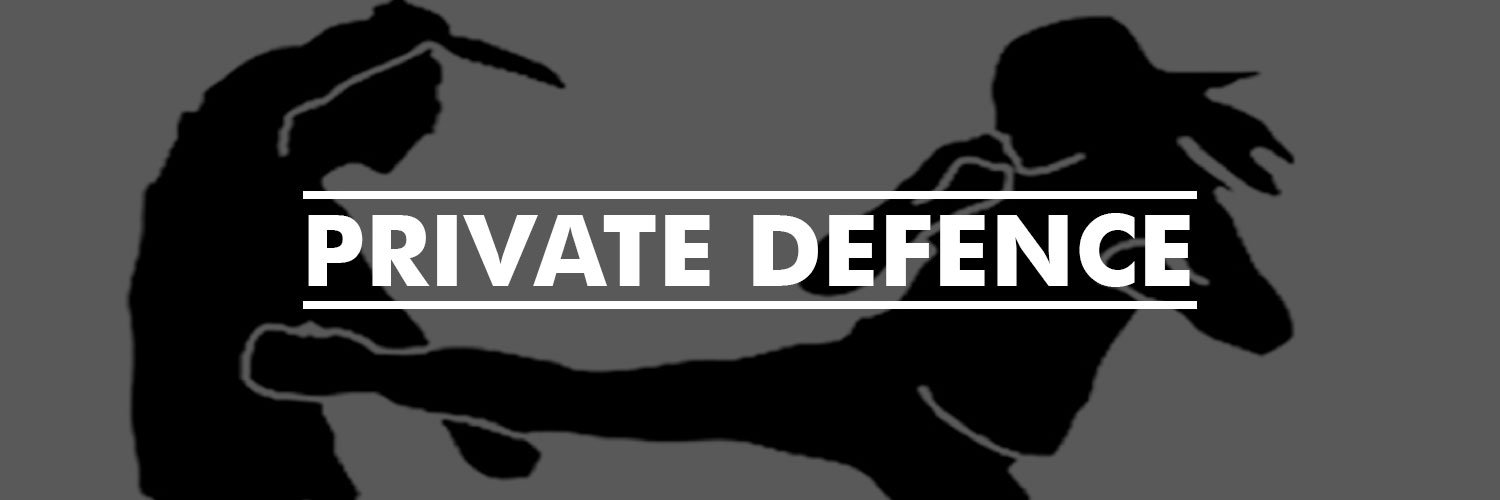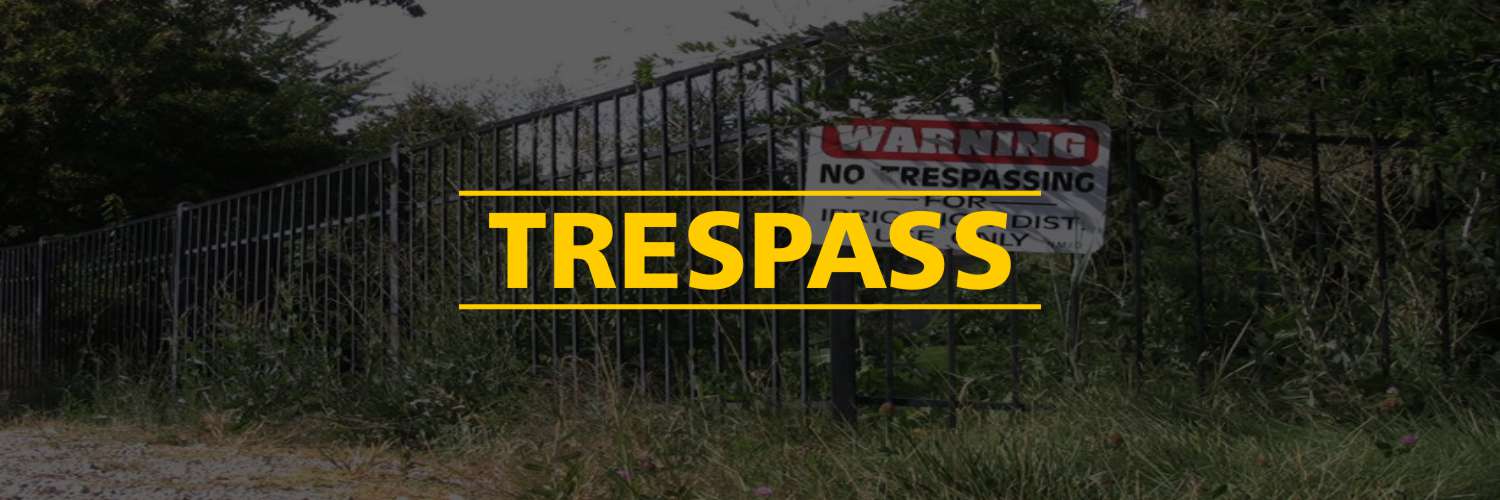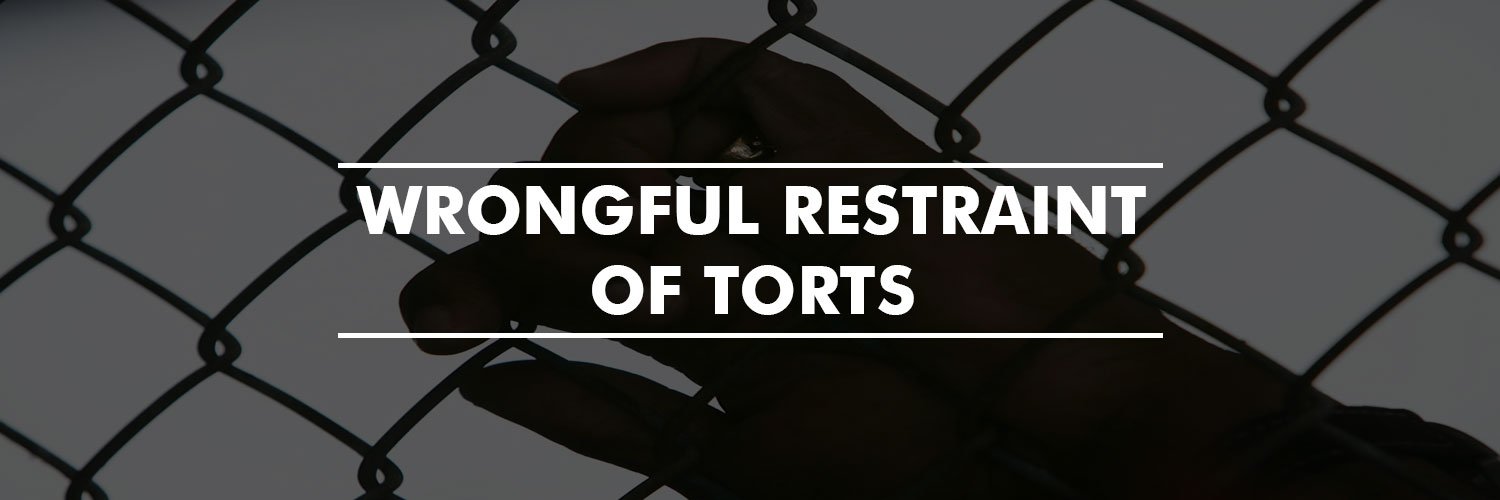Self-help is the first rule of criminal law. Use of necessary force against the assailant or wrong-doer is legally permissible when immediate state aid cannot be procured. The right of private defense is absolutely necessary for the protection of one’s own life and property. It is based on the human instinct of self preservation. A person is justified in causing proportional harm to his aggressor to protect himself from a looming threat of injury.
Section 96 to 106 of IPC lay down the law relating to the right of private defense of body and property. This right cannot be applied as a pretense for justifying aggression for causing harm to another person, nor for causing more harm than is necessary to inflict for the purpose of defense.
Section 96 lays down the general proposition that – ‘nothing is an offense which is done in the exercise of the right of private defense.’ This right is not an absolute one but subject to restrictions contained in Sections 97 to 105.
Sec-97 provides the right to defend i) one’s own body, and body of others against any offense affecting the human body, and ii) one’s own property (movable or immovable) against any act of theft, robbery, mischief or criminal trespass or attempt to commit such acts.
This right is subjected to certain restrictions under Section 99. There is no right of private defense
- against the acts of public servant acting in good faith
- against the acts of those acting under their authority or direction
- where there is sufficient time for recourse to public authorities; and
- the quantum of harm that may be caused shall in no case be in excess of harm that may be necessary for the purpose of defense.
Section 98 provides self-defense against an offense committed by a person who might be exempted from criminal liability by reason of
- being unsound mind u/s-84
- want of maturity of understanding u/s-82,83
- misconception on the part of that person u/s- 76, 79.
Section 100 provides that the right of private defense extends even to the causing of death or any other harm to the assailant under the following six circumstances:
- An assault causing reasonable apprehension of death. In such a case, if the defender cannot exercise this right without causing harm to an innocent person, he may even run that risk.
- An assault causing reasonable apprehension of grievous hurt
- An assault with the intention of committing rape.
- An assault with the intention of gratifying unnatural lust.
- An assault with the intention of kidnapping or abduction.
- An assault with the intention of wrongfully confining a person under circumstances that may cause him to apprehend that he will not have any recourse to public authorities for his release.
Subject to the above restrictions, the right of private defense of body extends to the causing of any harm short of death. Section 100 states that the right to self-defense does not extend to the voluntary causing of death.
Section 102 and 105 fix the time when the right of private defense commences and the time during which it continues. Section 102 says that the right of private defense of the body commences as soon as a reasonable apprehension of danger to the body arises from an attempt, threat to commit the offense, though the offense may not have been committed, and it continues as long as such apprehension of danger to the body continues.
Section 103 states that the right of private defense of property extends to the causing of death or any other harm to the assailant under the following circumstances:
- Robbery
- House-breaking by night
- Mischief by fire to building, tent, or vessel, used as a human dwelling or for custody of property.
- Theft, mischief or house-trespass, reasonably causing the apprehension of death or grievous hurt.
Section 104 says that the right of private defense of property extends to the causing of any harm short of death. Section 105 fixes the time when the right of private defense of property commences and when it comes to an end. This right commences as soon as a reasonable apprehension of danger to property commences and its continuation depends upon the nature of the offence.
It continues, in case of i) theft – till the offender retreated, or procurement of assistance of public authorities or till the property is recovered. ii) robbery – as long as the offender causes or attempts to cause any person death or hurt or instant personal restraint continues. iii) criminal trespass or mischief – as long as the offender continues in the commission of criminal trespass or mischief. iv) House-breaking by night – as long as such house-trespass that began continues.








